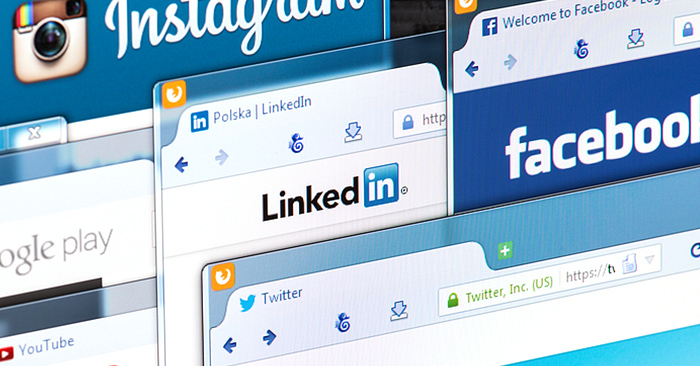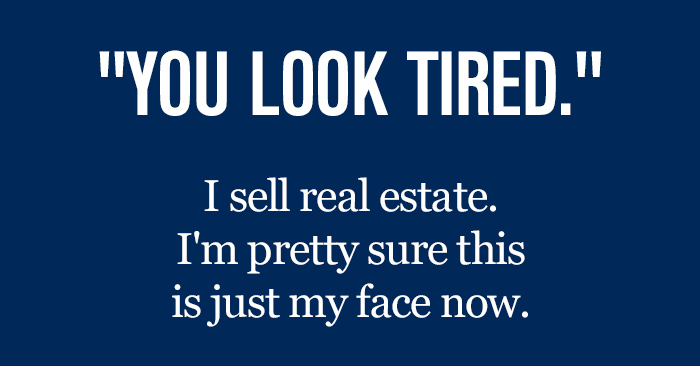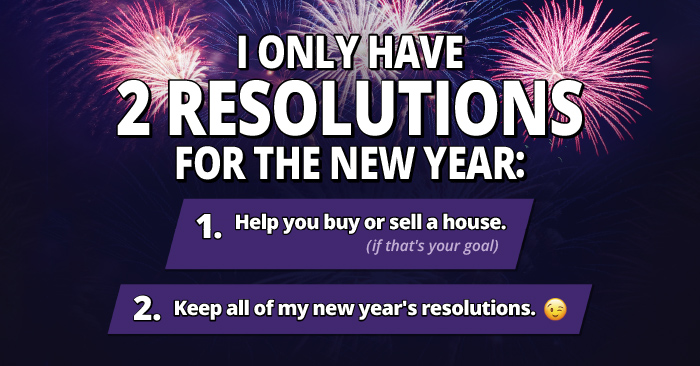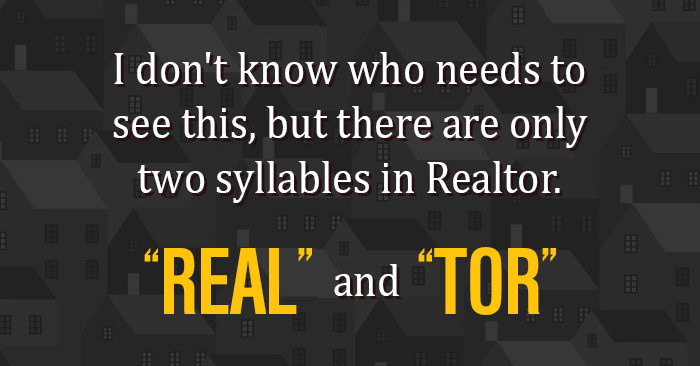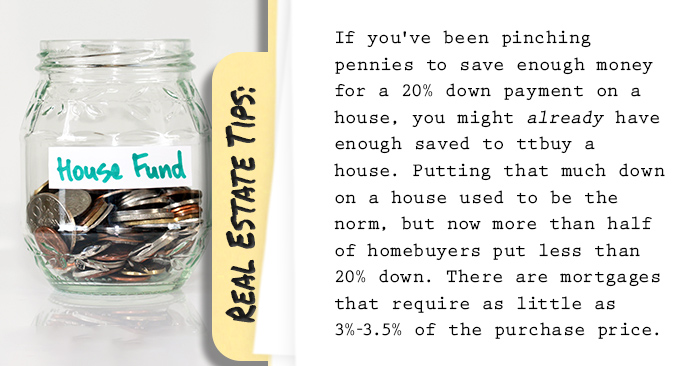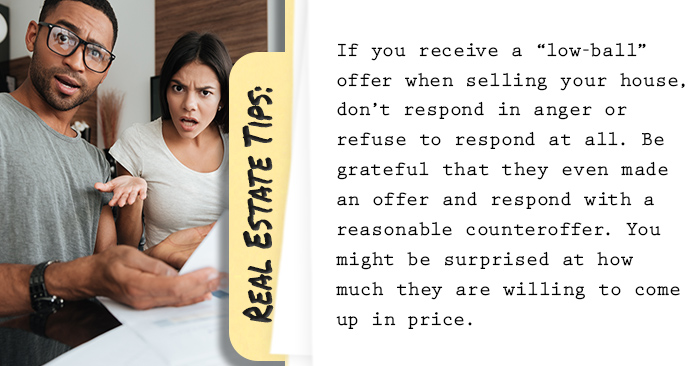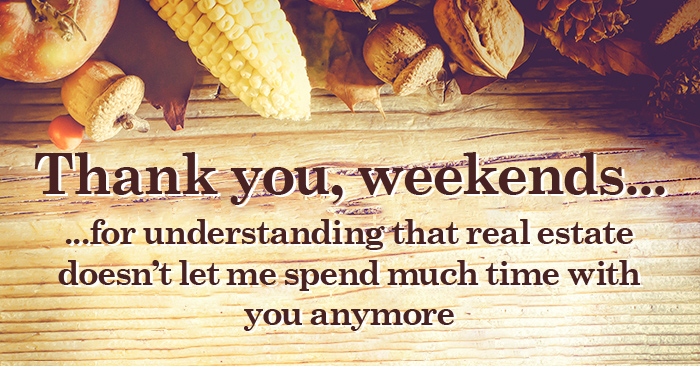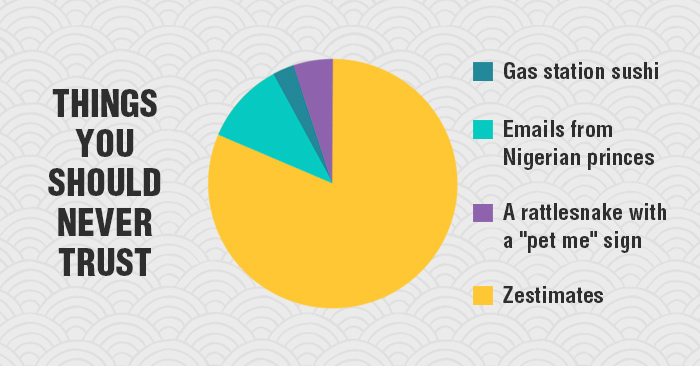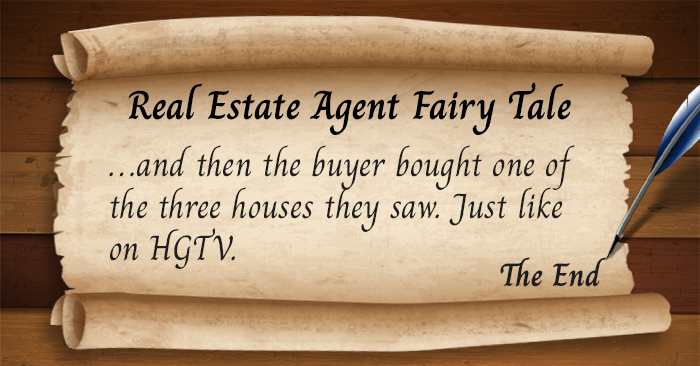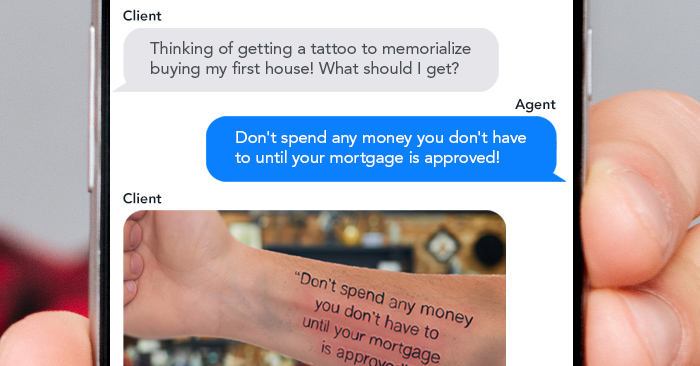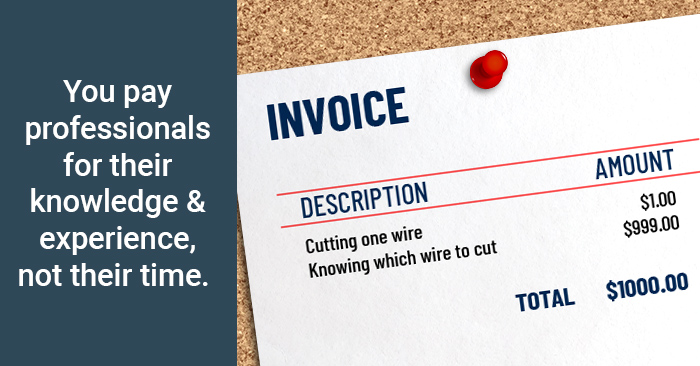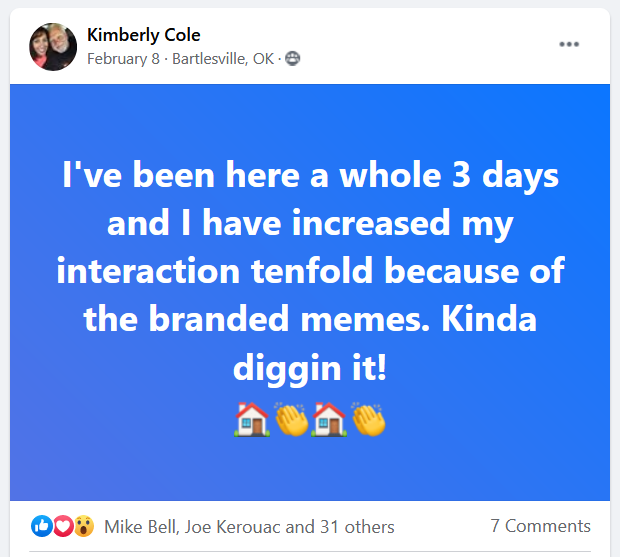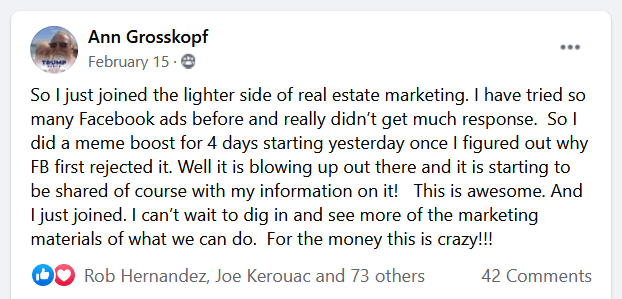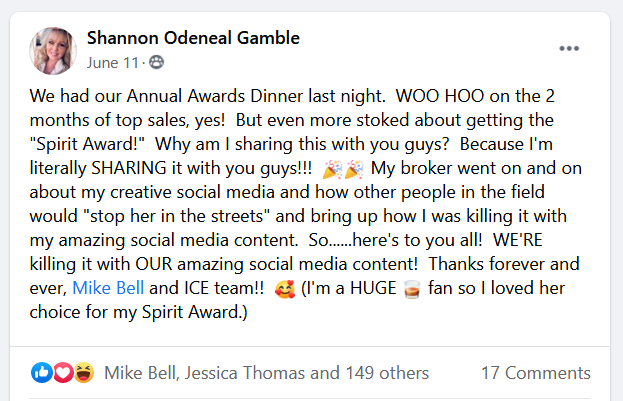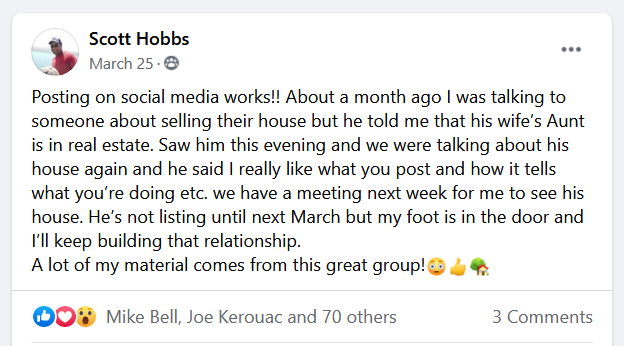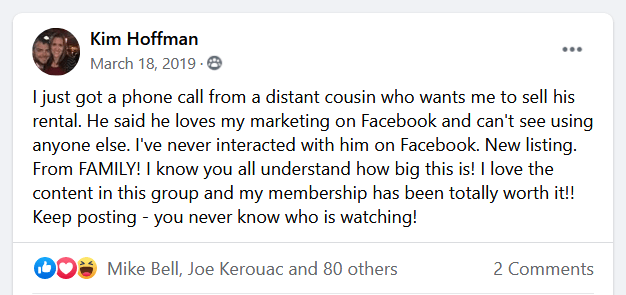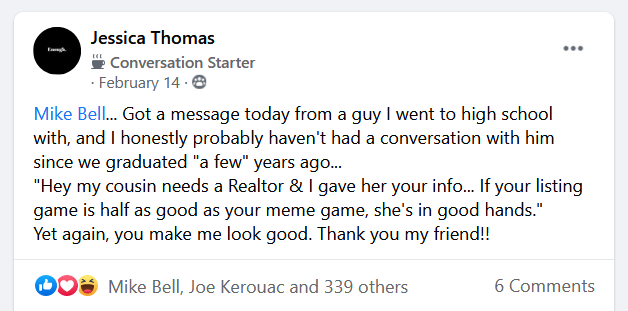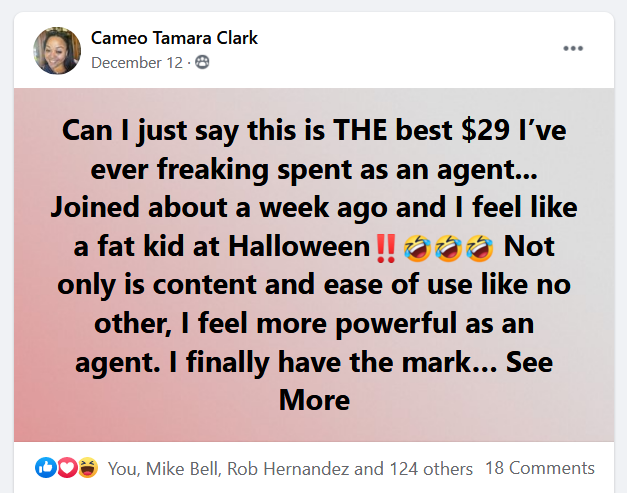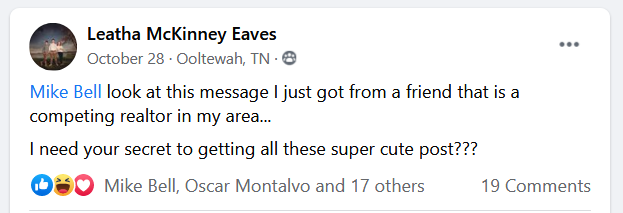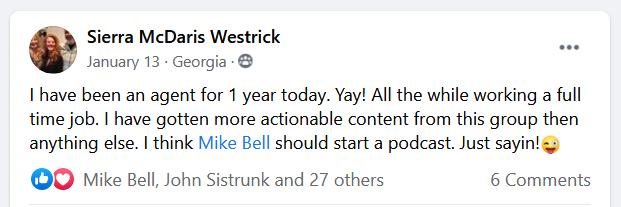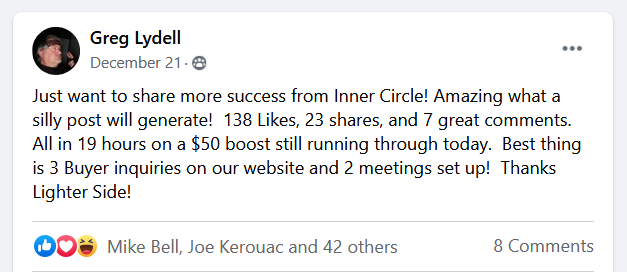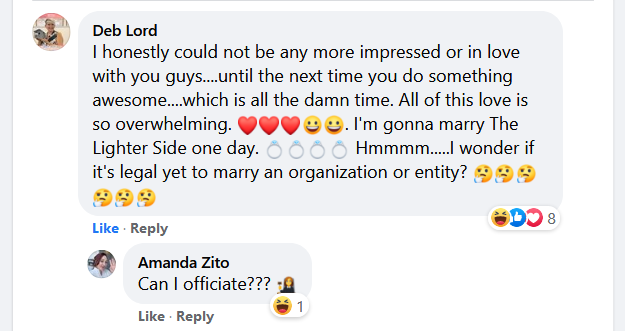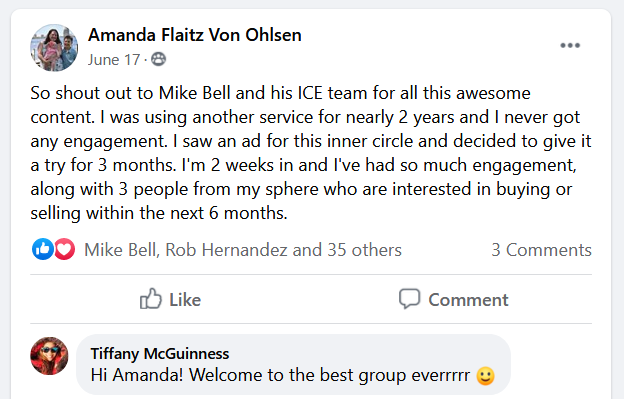Why AI Can’t Be Funny—and Why That’s Great News for (Some) Real Estate Agents
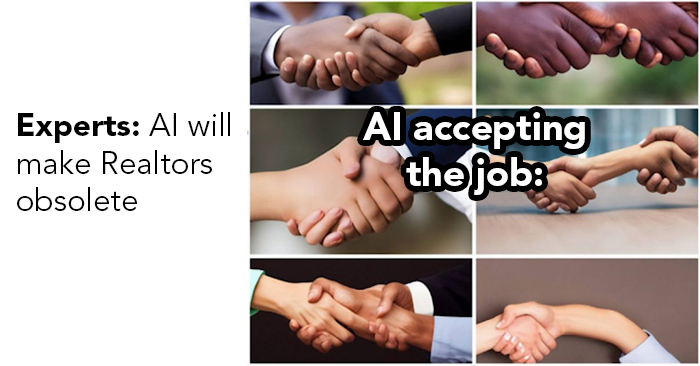
Have you heard how amazing AI is, and how you should be using it to improve your real estate business in every way?!
That’s rhetorical, obviously. Of course you have.
The only way you haven’t heard that it’s the best thing since the fax machine is if you’re still using a fax machine…and handing out business cards with your 1986 headshot on them.
It’s everywhere. Post after post. Email after email. Article after article, all proclaiming AI is going to make your life as an agent easier, more productive, and incredibly efficient.
Honestly? It’s enticing. It’s promising. At the very least, it fills you with a healthy dose of FOMO. So there’s a good chance you’re either dabbling with it—or diving in headfirst, trying to prompt your way forward through these uncertain times of your real estate career.
Whether it’s for productivity hacks, automations, business planning, lead-gen ideas, or writing listing descriptions, emails, or social posts, AI is a handy tool. In fact, it’s probably a necessary one to get familiar with and start using.
But if there’s one thing you probably shouldn’t hold your breath waiting for AI to do for you, it’s coming up with genuine humor in the things it writes for you.
AI Could Never Come Up With This Joke…
Again, AI is impressive. It can solve complex equations in seconds, spit out code, and carry on conversations that feel eerily human. You’ve probably had at least one moment where you thought, Dang… this thing kind of gets me.
But if you were to go on a first date with it, don’t expect it to be funny or witty—unless you’re into corny dad jokes. As Mustafa Yücel points out in his essay, “Why AI Isn’t Funny (And Probably Never Will Be),” humor is something that just doesn’t compute for AI. Not convincingly. Not authentically. Not intentionally, at least—not without a human stepping in and massaging it until it’s actually worth a chuckle.
Because humor isn’t just clever phrasing or a well-timed punchline. It’s not a checklist of words or sentence structures. It’s rooted in shared experiences, cultural context, emotional nuance, and—let’s be honest—a little absurdity and vulnerability. It’s about why something is funny, not just what the funny thing is.
For example: we asked ChatGPT to “create a funny meme as a metaphor for a homeowner that tells the struggle of selling their home on their own without an agent.”
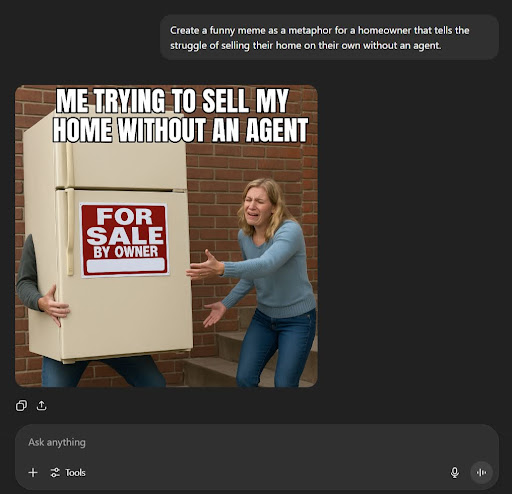
Not only does it not make any sense, the funniest thing about it is how badly it missed!
Now here’s one we came up with:

☝️ Remove our logo and share this meme with your branding ☝️
AI couldn’t come up with this on its own. It’s too granular, too human, too nuanced. It can’t truly relate to what it feels like to navigate the home selling process.
AI can simulate emotion, but it doesn’t feel anything. It just mixes and matches based on key words in a prompt.
It doesn’t know what it’s like to nervously fumble through a listing appointment, spill coffee on the kitchen table, and somehow still walk away with the deal because the seller said, “I can tell my dog liked you, and he doesn’t like anyone!” It might be able to describe the dog-humping moment given some guidance, but it misses the unspoken reality where you quietly decided, “This is fine. I need this listing.”
As Yücel points out, it doesn’t understand what makes something truly funny because it hasn’t lived through the chaos, the awkwardness, the fragile little moments that make people laugh. It can mimic the shape of a joke—but not its soul.
Which brings us to a bigger question:
Is humor the secret to helping agents stand out from their competition moving forward?
Humor Isn’t “Just for Clowns” Anymore
For a long time, humor in marketing was considered a no-go. As the old-school ad expert Claude Hopkins once said, “People do not buy from clowns.” And for decades, that sentiment stuck—especially in “serious” industries like real estate.
But times have changed. In fact, as Psychology Today put it in an article titled “Humor in Marketing: The Riches Are in the Glitches”, we’ve entered an era where humor isn’t just accepted—it’s expected.
Because humor, it turns out, is a universal language. It makes people feel safe. It creates connection. It disarms the inner skeptic. And most importantly? It makes you relatable.
Humor invites people in without making them feel sold to. It fosters trust in a way that polished scripts and perfect listing photos can’t always do. It says, Hey, I’m human. I get it. And I’m someone you might actually enjoy working with.
Of course, that doesn’t mean you need to start wearing wigs or lip-syncing your way through TikTok. Some agents absolutely thrive doing that kind of content—and if that’s your jam, go for it. But for many others, the idea of filming themselves doing something wacky (or anything at all, really) is a hard pass.
And that’s the beauty of humor: it’s not about going full clown mode. It’s about finding the tone and approach that fits you. A well-placed joke in an email. A wry observation in your newsletter. A quick story you post on social media that captures the awkward, funny, deeply human side of this industry we’re all navigating.
91% of Consumers Want Humor
At the start of this piece, we talked about how everywhere you turn, someone’s telling agents to use AI.
And hey, they’re not wrong.
But when it comes to being funny? Not happening. But you may not know that with all the hype in media lately. Which is why this meme sums it up perfectly:
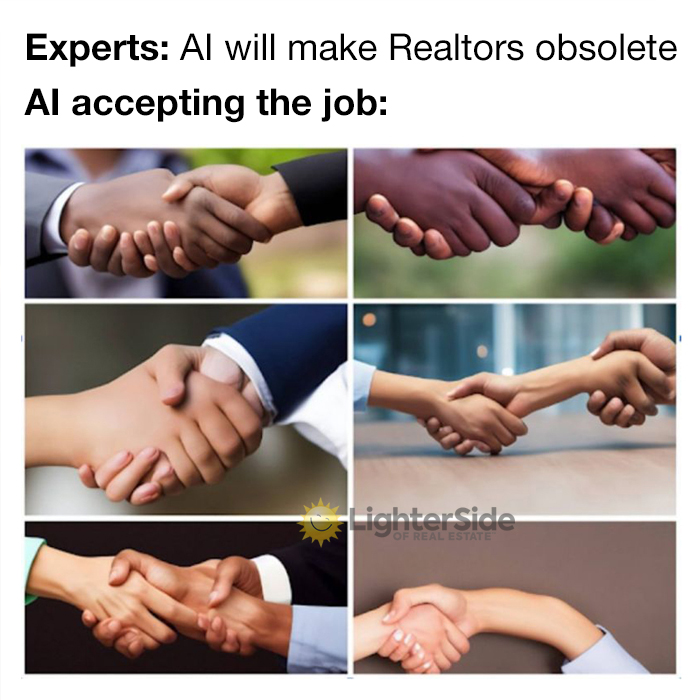
☝️ Remove our logo and share this meme with your branding ☝️
Interestingly, AI is creating an opportunity for agents who don’t use AI for building rapport with their sphere…
There’s a huge gap between what consumers want from marketing and what they’re actually getting. According to an Oracle study cited by Marketing Dive, 91% of people say they prefer brands to be funny—but only 20% say the brands they interact with are.
With more and more agents using AI to create their marketing and content, and possibly even interact directly with their prospects, using humor is going to be even more of an advantage.
Humor (used well) makes people feel less stressed. Especially now—when people are constantly doomscrolling and are bombarded with divisiveness, unwanted ads, and algorithm-churned sameness—lightness, humanity, and levity are what cut through the noise.
And that’s your edge.
While other agents turn to bots and templated content to do the talking for them, you can be the one who makes people smile. Who sounds like someone they’d want to talk to. Who gives their audience (and their future clients) a needed reprieve from generic real estate noise.
You don’t have to be over the top. You don’t have to be outrageous. You just need a dash of smart, well-timed, thoughtful humor.
And if crafting that kind of content isn’t second nature to you… that’s where Lighter Side can help.
We’ve been doing this since 2013, starting with making memes that gave agents a much-needed break from the daily grind. Now, our Inner Circle members use everything from clever articles and social posts, to light-hearted emails and conversational eBooks—all created with just the right tone and touch of humor—to stay top of mind, attract more clients, and build stronger connections.
If you want to sound human in a world that’s starting to sound more and more like a chatbot…
If you want to educate, entertain, and market yourself in a way people actually enjoy…
If you want to stand out from a sea of sameness… Join our Inner Circle!
Oh… last thing. This article was 100% written by a human (zero AI). As it should be.


